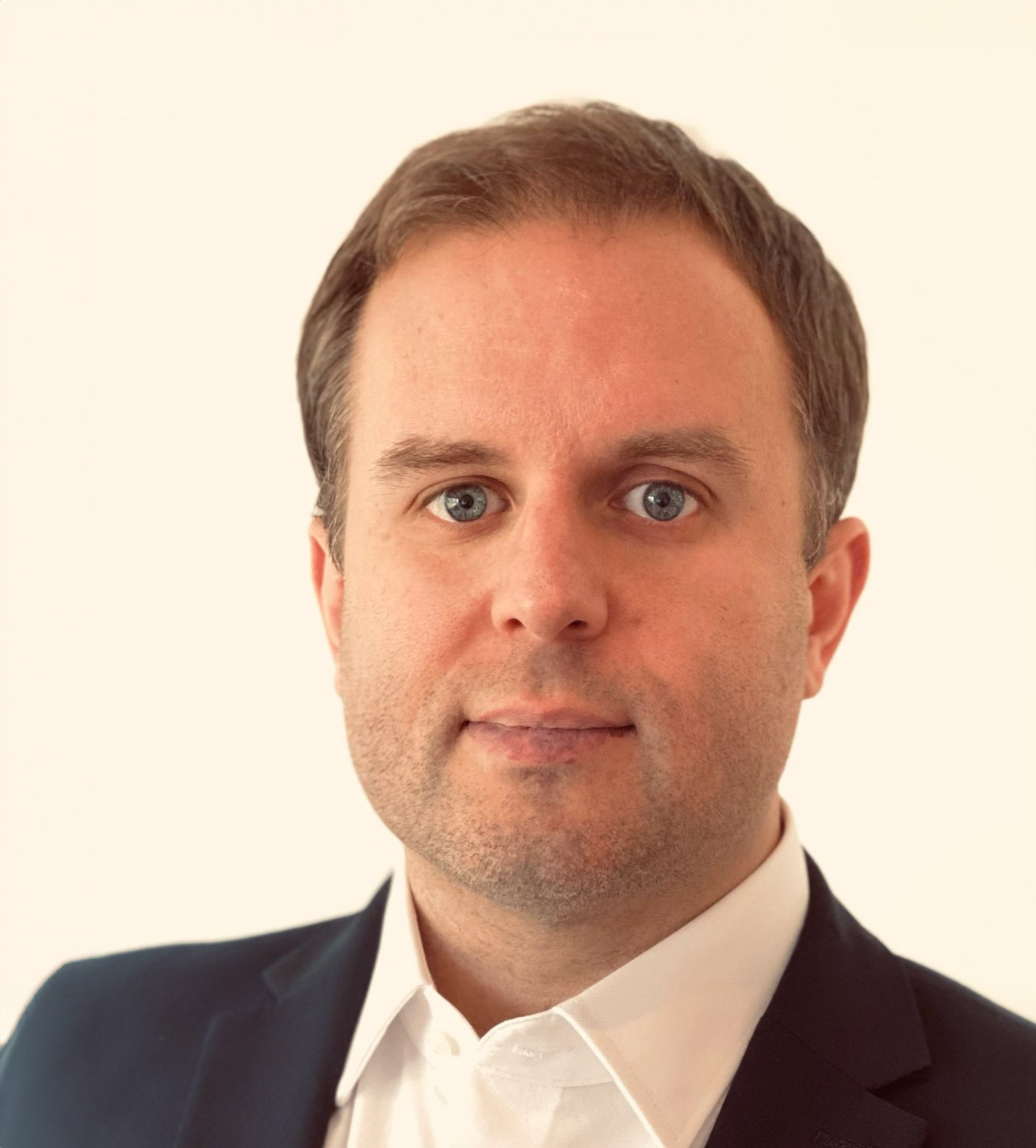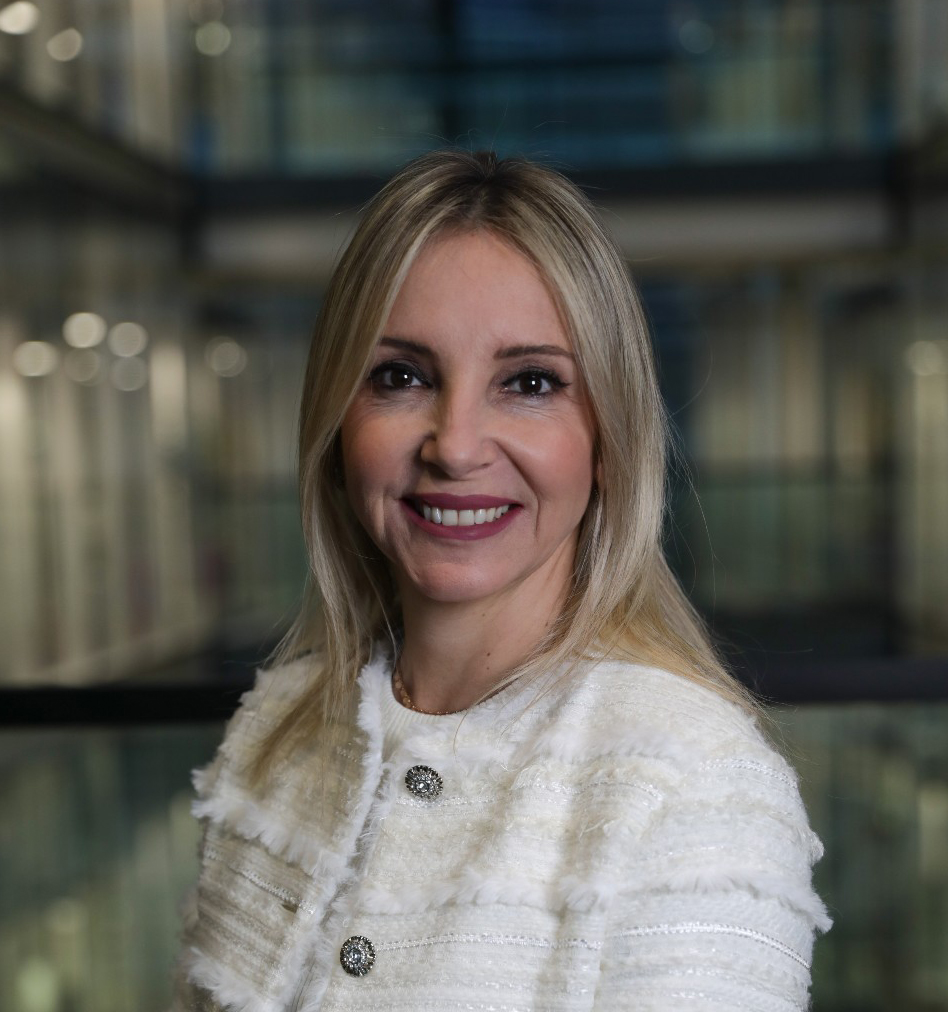Training and Upskilling
Emerging technologies and evolving talent at EY
EY’s Paul Goodhew, Global Assurance Innovation and Emerging Technology Lead, and Dilek Çilingir Kostem, Global Assurance Talent Leader, speak to GlobalData’s Kris Cooper about the talent agenda at EY and how the firm is upskilling its employees.

As technologies and new digital assets emerge, it is vital that professional services firms have a workforce with the skills to navigate the risks and opportunities they bring.
Developments in artificial intelligence (AI), machine learning and blockchain mean firms must be able to respond to their clients’ needs in audit, tax, and compliance as they begin holding new assets or utilising AI in professional settings.

Paul Goodhew
Global Assurance Innovation and Emerging Technology Lead, EY
It’s about keeping employees interested in the firms they work for and retaining good talent so that they can continue to grow with, and add value to, the company. After investing in the skills to develop good people, we want to strengthen work environments that keep them.
Explaining how this affects talent at EY, Goodhew says: “These emerging technologies are requiring us and our professionals to develop new skills and capabilities, to familiarise ourselves with the technology and what the technology means for our clients.” With this in mind, Goodhew and Çilingir Kostem explain how they are seeking to develop new talent and expertise and how their EY badge programme is facilitating their employees to upskill.

Dilek Çilingir Kostem
Global Assurance Talent Leader, EY
EY’s tech investment
In 2021, EY announced a $2.5bn investment in technology over three years. The investment package is focussing on AI, trusted data and disruptive technologies as the firm builds out its client technology platform. Alongside this investment in technology is a need to recruit and curate the skills and knowledge to develop this technology and leverage it to aid clients.
According to Çilingir Kostem, EY is both actively hiring those with the necessary expertise, such as data scientists, and upskilling its current workforce. She says that EY needs professionals who can understand the business risks emerging due to new technologies, as well as the technical side of it, adding that, in matters relating to ESG, EY has had to hire more from outside the firm to get the expertise needed.
On the audit side of operations, both Çilingir Kostem and Goodhew emphasise the importance of professionals being able to identify and effectively audit risks presented by new technologies: “Our professionals here at EY assurance are needing to really consider what their response should be,” says Goodhew. “From an audit perspective, how do they address the risks related to the technology and what are the opportunities to develop new methodologies and new approaches internally and to equip our people?”
In the case of blockchain, with a growing number of EY’s clients holding digital assets like Bitcoin or Ethereum, EY has trained assurance professionals to audit these areas specifically. This includes evaluating the history of the assets, how the client is using those digital assets and any potential risks they pose.
EY Badges
The main tool by which the firm is upskilling its employees is through its EY Badge Programme. With a range of topics to learn, from data visualisation and data science to AI and blockchain, employees can choose to develop skills and knowledge in whichever area seems most applicable to their work or interests.
With most learning delivered online, the flexible set up of the learning environment slots professional development into employee's workloads. Çilingir Kostem explains that, to give professionals the time to do these courses, they are assigned time specifically dedicated to learning in their calendars throughout the year.
The courses comprise not only time for online lectures but the chance to apply skills gained, and employees can attain bronze, silver and gold badge levels based on expertise and experience. The programme has been funded by a $300m investment by the firm into formal training, announced in 2022.
“There's been a huge appetite from our people to gain these badges,” Goodhew says of the programme’s popularity.
“It's a way of gamifying your learning experience as well. People really enjoy accumulating these badges and using them to build up their skills and knowledge alongside our other learning and enablement programmes.”
Since the start of the scheme, over 37,000 badges have been attained worldwide by EY employees, with the average amount of learning hours in the first year of the programme being 59 per person and a total of 20 million hours of learning delivered.
Elsewhere, EY also offers a Tech MBA in association with Hult International Business School. The qualification is available for free to all EY employees in over 150 countries regardless of role and position. It has a customisable curriculum and is awarded via completion of 16 badges across technology, leadership, and business, combined with a final project.
As the “first-ever fully accredited corporate MBA”, the course alongside the Sustainability MBA demonstrates EY’s commitment to the development of its professionals.